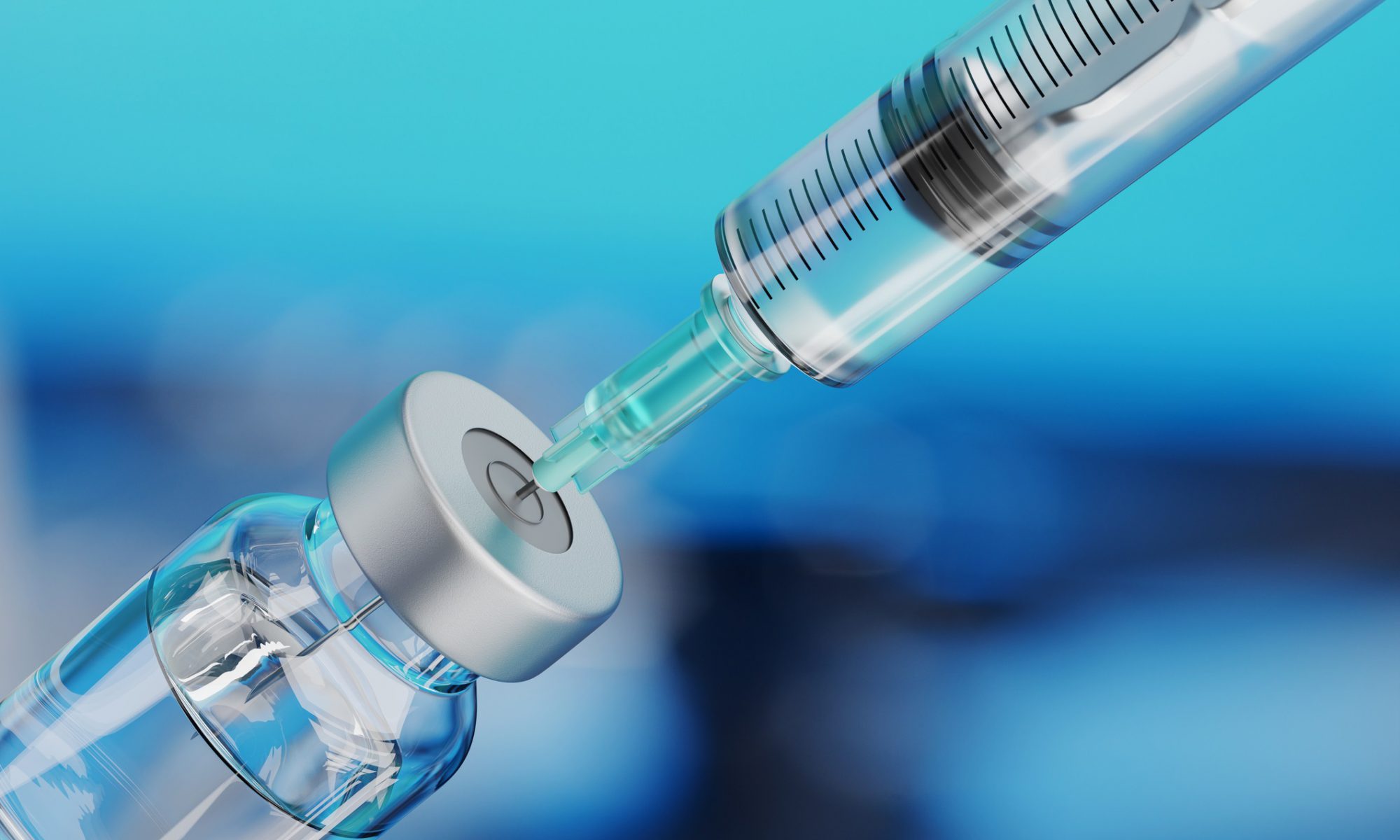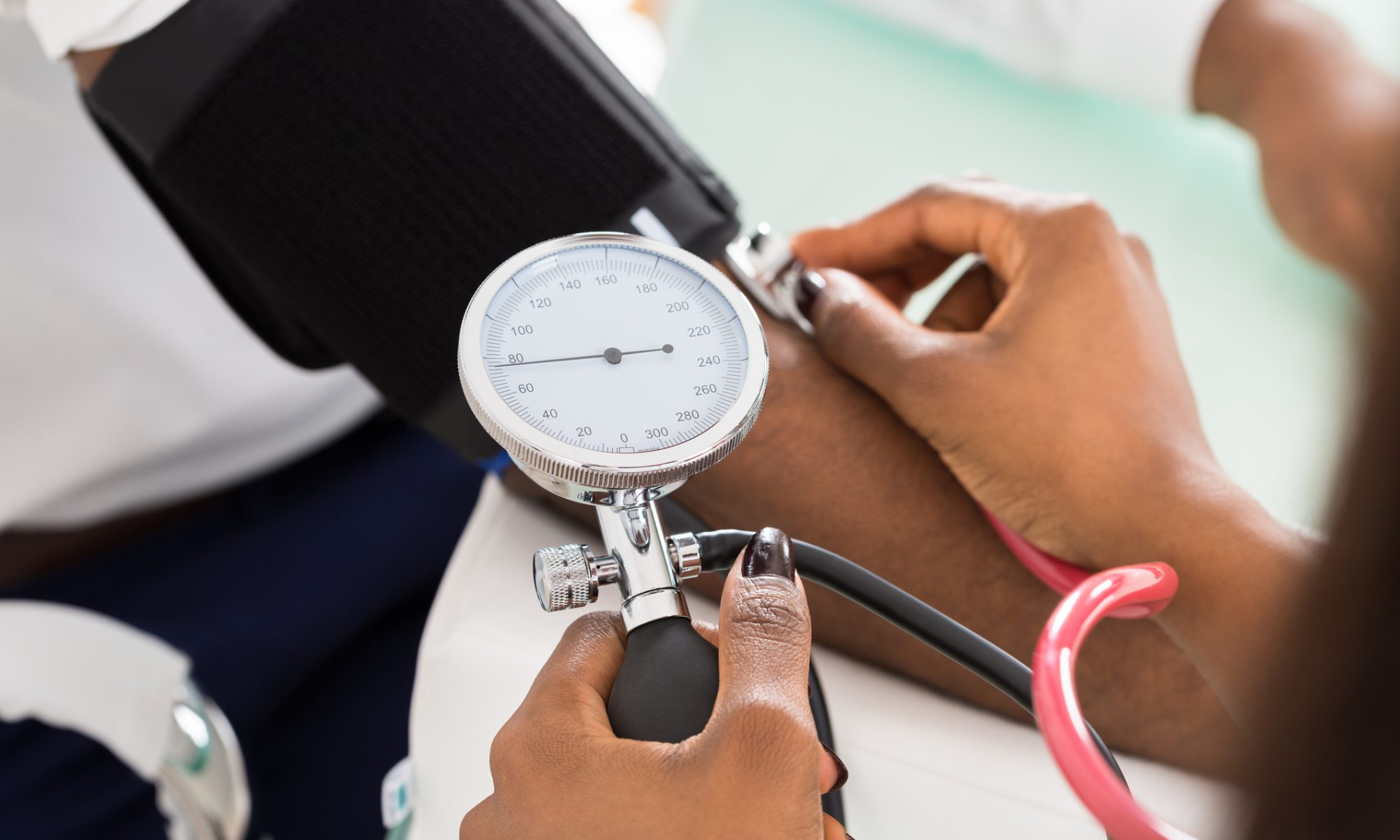Loading
By Peter Wehrwein, Managing Editor
The advent of the direct-acting antivirals, such as Harvoni (ledipasvir and sofosbuvir) means people can be treated for HCV infection if they receive a heart from an HCV-viremic donor, according to a recent review paper. The supply of hearts available for transplantation has increased, partly because HCV-viremic individuals are now part of the donor pool.
Transplanting organs, including hearts, from people infected with hepatitis C virus (HCV) used to be avoided because of the risk of infection and studies showing that the recipients had worse outcomes,
Marina Nunez, M.D., Ph.D., of Wake Forest School of Medicine, co-wrote a review paper exploring the hepatitis C infection and heart transplantation.
But when the direct-acting antivirals against hepatitis C started to come on the market, particularly Harvoni (ledipasvir and sofosbuvir) in 2014, the views and practices changed. Read more in Managed Healthcare Executive.
Loading







